Mozambique: MISA warns of 'alarming setbacks' to press freedom
Mozambique: Food support to be reduced as of Tuesday – WFP
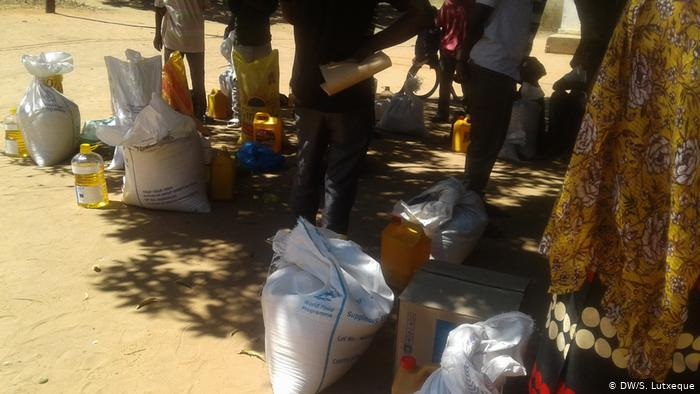
File photo: DW
The World Food Program (WFP) will reduce food aid to internally displaced people (IDPs) from Cabo Delgado, northern Mozambique, from next Tuesday as a result of lack of funding, it said today in response to questions posed by Lusa News Agency.
“Without additional funding, which is urgent, WFP will be forced, as early as December, to either reduce food portions or reduce the number of beneficiaries. In other words, in a week’s time,” it said.
Humanitarian assistance to internally displaced persons in Cabo Delgado, Nampula and Niassa will be compromised.
According to the latest figures from the Mozambican government, the number of IDPs in the country amounts to 500,000 people, of whom about half are under 18 years old.
In contrast to the 29,150 IDPs that the WFP supported in January, the United Nations agency reached “a record 331,630 beneficiaries among conflict displaced persons supported in October”, and the goal would be “to reach about 750,000 internally displaced persons and host communities in the coming months”.
The organisation corrected the October report, which on Monday gave the impression that the number of beneficiaries had decreased since September, when in reality there was a record number of beneficiaries.
WFP requires US$8 million dollars (€6.7 million) per month to assist those fleeing the war in northern Mozambique, or a total of US$96 million (€80 million) for the next 12 months, but “only US$11.7 million (€9.8 million) is so far guaranteed”, it explained to Lusa.
In addition to those fleeing conflict, the humanitarian crisis is affecting those who host them. “Remote monitoring indicates that half of the families in the host populations were left without food supplies,” the WFP reveals.
The United Nations agency considers that the lack of funding stems, “in the first place, from the magnitude of this emergency”. “The number of internally displaced persons increases every week, which puts pressure on the WFP’s operational plan and capabilities,” it stresses.
Secondly, the world is dealing with Covid-19, and traditional donors “are also facing the health and socioeconomic crisis caused by the emergence of the novel coronavirus”, making resource mobilisation even more challenging.
“We are facing a situation of underfunding throughout the year, which in a week will already become a lack of financing”, and which is not exclusive to Cabo Delgado, although this is the biggest humanitarian crisis in the country.
All areas are underfunded, the WFP emphasises in clarifications sent to Lusa.
All humanitarian interventions in conflict zones, all work to build resilience to prolonged and cyclical droughts, all strategies implemented after natural disasters such as cyclones Idai and Kenneth, as well as support for development, by combating malnutrition through food education and work for the total eradication of hunger pockets are likely to be constrained.
“The situation worsens when we talk about the nutrition sector, which is particularly underfunded, benefiting from less than 1% of all development assistance,” the WFP concludes.
Armed violence in Cabo Delgado, northern Mozambique, is causing a humanitarian crisis with around 2,000 deaths and 500,000 internally displaced people, without adequate housing or food, mainly concentrated in the provincial capital, Pemba.
The province where Africa’s largest private investment for natural gas exploitation is underway has, for three years, been under attack by insurgents. Some of the incursions have come to be claimed, since 2019, by the Islamic State jihadist group.



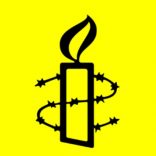

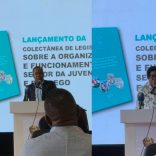

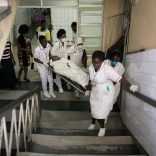


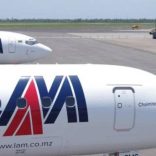
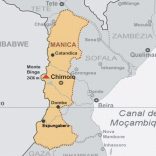
Leave a Reply
Be the First to Comment!
You must be logged in to post a comment.
You must be logged in to post a comment.